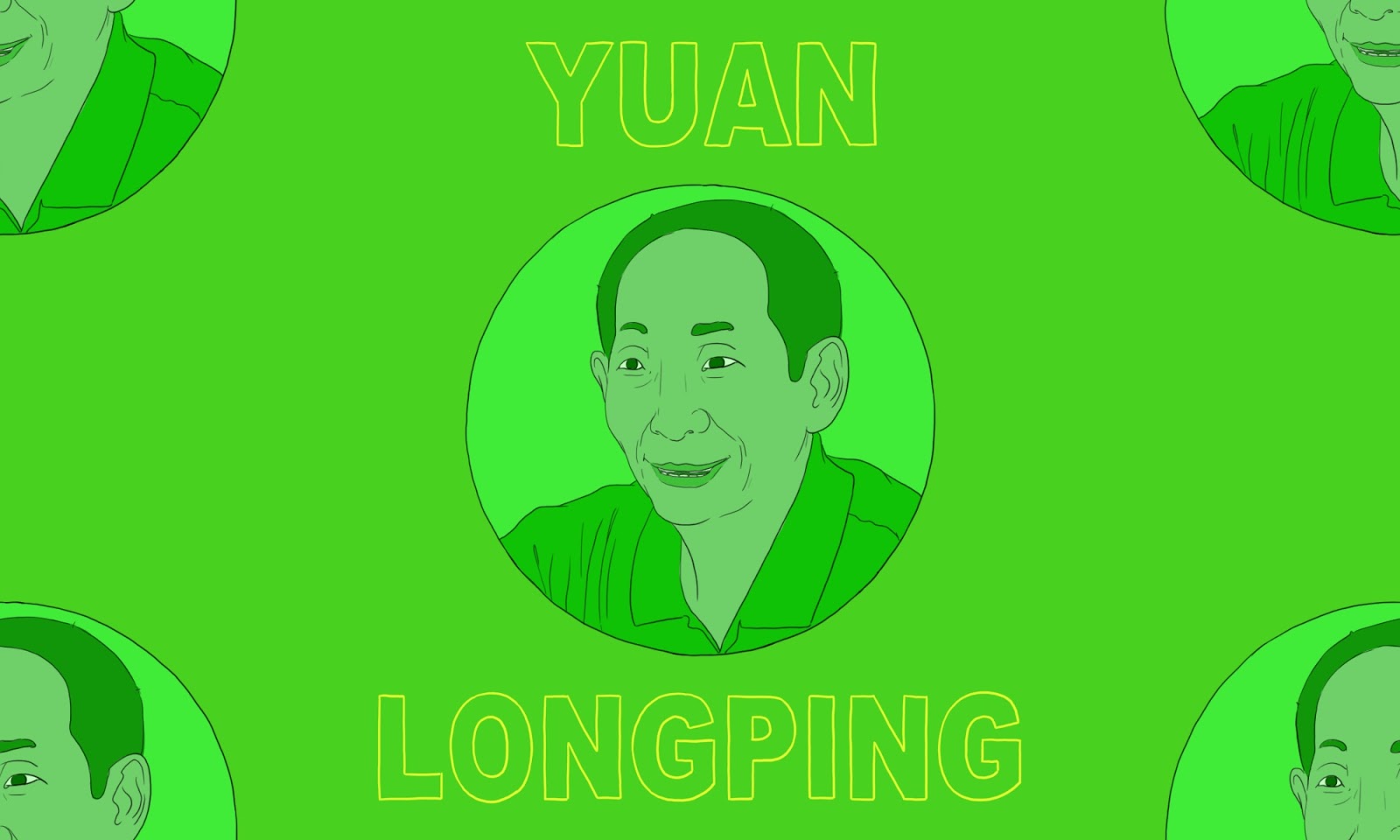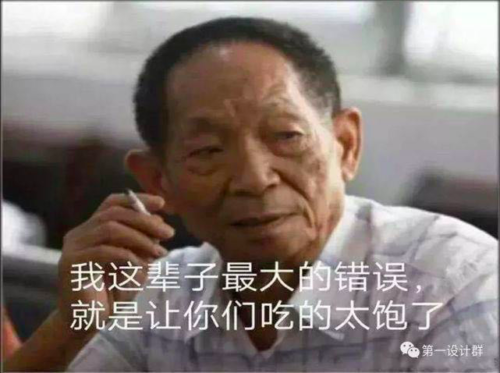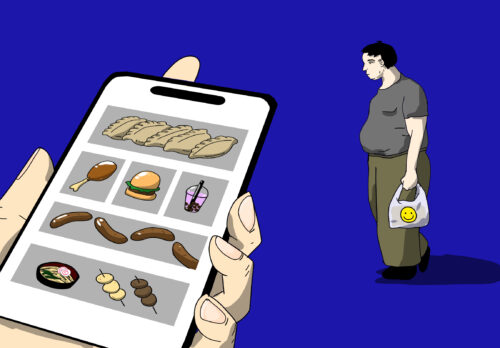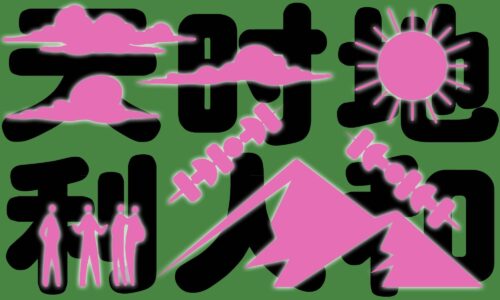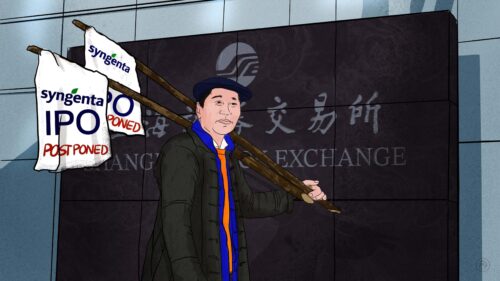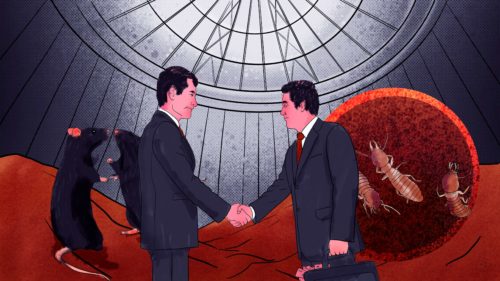2020 has put pressure on feeding China’s 1.4 billion mouths. Severe flooding along the breadbasket of the Yangtze River, chronic pest infestations of crops, and ravaged imports courtesy of the trade war and COVID-19 have all taken their toll. According to Forbes, China has imported more wheat in the first half of this year than any first half-year in the last decade. This week President Xí Jìnpíng 习近平 relaunched the “Clean Plates Campaign,” rushing through tough new legislation to reduce food wastage.
The nation has always had half an eye on its food problems. It knows that its population is ever-increasing while arable land is ever-decreasing. It knows that as it doesn’t produce enough, the country is dependent on international food imports — China is now the world’s largest importer of grains.
Memories of the scouring famines of Mao’s tenure loom large on Chinese culture, food now inextricably linked with happiness and success — “Have you eaten?” (你吃了吗 nǐ chīle ma) is a staple greeting, while 发福 (fāfú) means “to put on weight” but translates as “gain luck.”
So it’s no wonder that Yuán Lóngpíng 袁隆平, “the Father of Hybrid Rice,” is a national icon. Since 1970, his test sites in the south of China have pushed yield figures ever higher, stalks groaning under the weight of what he proudly calls a “waterfall” — a cascade of drooping grains which were 20%, then 40%, 60%, now well over 80% higher than average yields. His name is synonymous with the overabundance of China’s economic miracle.
Who is Yuan Longping?
It isn’t hard to find Yuan’s motivations. “I once dreamt that the super rice in the experimental field grew taller than sorghum,” he said in one interview. “Its ears were longer than brooms and its grains were as big as peanuts.”
Hunger and instability were the backdrop of his early life. Born in Beijing in 1930, son of a successful bureaucrat and a schoolteacher, his family wandered from town to town in southern China, pursued relentlessly by the strafing and bombs of Japanese fighter pilots.
During the Great Leap Forward of the 1950s, when Yuan was already on his way to a career in agrarian studies, he witnessed communities eating grass or clay to survive, a journey through the countryside revealing the husks of starved souls dead on the roadside. “I made up my mind to study rice…just to make more people have enough to eat.” He chose rice because it was the staple grain of the south.
But this would be a long journey, with backward scientific thinking the first obstacle. Chinese scientists followed Soviet biology, which based its ideas of inheritance on changes made to parents over the course of their lives, rather than the genes and alleles of Gregor Mendel. Scientists were left scratching their heads as to why a plant graft did not also appear in the offspring.
As a student at Southwest Agricultural College in the early 1950s, Yuan secretly performed his own experiments and read up on Mendel’s theories, believing it necessary for feeding the people.
How to breed a plant that yielded more? Western scientists were just starting to experiment with the theory that cross-breeding plants of two different breeds could lead to more fertile offspring (“heterosis”).
But there was a problem — rice relies on its own pollen for reproduction. Mass growth of hybrids was dependent on painstakingly removing the male anthers of each plant. An American genetics textbook said it was impossible to create heterosis in rice — although this was not Western scientific consensus, and Chinese croppers had already benefited from heterosis by cross-breeding sorghum and maize.
Ultimately, it was the flag that fired Yuan’s bull. Inspired by Mao’s call for China to defy the West, Yuan attempted to prove them wrong. By 1964 he theorized that a male-sterile natural species could be crossed with other plants.
Despite suggesting changes to Mao’s agricultural policies, Yuan got off relatively unscathed during the Cultural Revolution. He was once sent to work in a Hunan coal mine, but Beijing officials recognized the importance of his research and protected him, even giving him funding. He grew the male-sterile plants beside a rice species that already had higher yields, cutting one breed of rice and sweeping their stacks across the sterile plants.
This strain yielded no more rice than the usual plants. Undaunted, Yuan successfully bred this male-sterile plant with wild rice. By 1974 his new rice species, dubbed “revolution rice” by peasants, was in mass production. It yielded 20% more than usual, and over half of China’s rice paddies grow it today. It was so successful that cuttings of Yuan’s rice were imported to the United States for production in 1979. Bizarrely, Mao’s China had laid the foundations for a food bonanza.
Grain rain
Yuan’s rice helped save modern China. A gloomy forecast from Western economist Lester Brown in 1995 predicted mass migration to the cities would cause drastic food shortages. China could cause a global food shortage by buying up world food reserves over the heads of poorer countries.
The next year the Ministry of Agriculture tasked Yuan with a series of milestones — a 20% yield increase by 2000, 40% by 2005, and so on. Yuan’s test sites churned out new generations of crossbred rice that systematically sped past each.
As a result, annual yield increase has apparently been enough to feed 60 million additional people. Yuan was bestowed the World Food Prize in 2004, which noted, “His pioneering research has helped transform China from food deficiency to food security within three decades.”
With Yuan’s blessing, Chinese companies have developed “hybrid rice diplomacy,” exporting Yuan’s techniques abroad, boosting yields in places like Pakistan, the Philippines, India, and the U.S. Naturally, state media trumpet his soft power achievements.
He’s in his 90s but shows no signs of slowing down. After all, global yields need to increase by at least 1% every year to keep up with population growth. In July 2020, Yuan smashed records yet again, with a test site in Guangdong slating a fast-growing strain with 21,060 kilograms per hectare. It had been 7,484 kg per hectare in 1996 — around the same amount produced by a California rice that the website California Rice calls “among the most productive in the world.”
Yuan supports genetic modification and is also looking into “sea rice” in collaboration with Alibaba founder Jack Ma, hoping to make use of China’s 100 million hectares of land covered by seawater.
The ends are more important than the means. His lectures are a list of record-breaking numbers, reminiscent of Soviet Five-Year Plans and their emphasis on quantity. It gives little indication of how higher numbers may impact taste and nutritional quality, along with a dependence on higher levels of fertilizer. Despite the record-breaking figures, the national average yield of hybrid rice is still 6,622 kg per hectare.
Yuan’s stratospheric fame came after 1976, when Western concepts of the “great scientist” trumped old Maoist emphasis on group effort. His work on the forefront of rice research led to a mountain of biographies building an image of the ideal “intellectual peasant” who shunned luxuries (owning only a handful of cheap shirts, more interested in the mud of the fields) and learned from the experiences of farmers to score one for China against Western doubters.
He’s even been turned into a meme, aimed at the ungrateful, complacent, or badly behaved. In the meme, Yuan delivers the burn that “the biggest mistake I made was feeding you too well.” Although he never said this, the importance is deploying a well-respected, selfless figure to show netizen contempt.
It’s a reminder to be thankful for Yuan Longping’s fertile dreams.
Chinese Lives is a weekly series.
